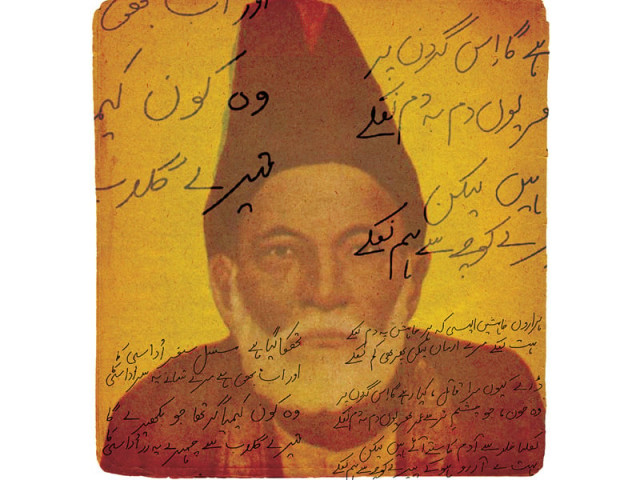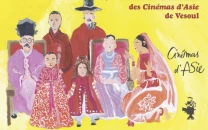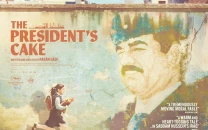Reading Ghalib in spring
In today’s world, Ghalib is, as widely read and as brutally scorned, as he was before.

Reading Ghalib in spring
Upon a first glance, Ghalib’s verse is a puzzling quirk of fate. It prospers at a time when the collapse of the Muslim dynasty in India, appears imminent. And yet, his ghazals create ripples of hope through immaculate portrayals of tragic realism. On one level, they lament the gruelling loss of love and moralise on its painful futility. But on a more optimistic note, they remind readers that perfect happiness can only be achieved when one makes peace with God. Trite displays of affection are merely crude imitations of stability that are destined for erasure.
In today’s world, Ghalib is, as widely read and as brutally scorned, as he was before. But this conclusion still remains a strong testament of hope.
This realisation struck me on a shimmering March afternoon when I began reading his most compelling ghazal, ‘Koi Umeed bar nahin aati’ (There is no hope in sight).
The prevailing whiff of spring merged with astounding beauty of the words that streamed through my vision. And within moments, I felt a twinge of ecstasy, hope and empowerment. In sharp contradiction with its morbid title, the ghazal evoked resignation towards the frightening concept of death and saw it as a much-needed respite.
As I completed the final stanza, I was convinced that the poet’s resignation did not represent a suicidal urge to unite with the Almighty. For me, the idea of death symbolised a challenge that had to be embraced and accepted for its sheer inevitability. It was, in a sense, a divine achievement for enduring the enigmatic cruelties of warfare, of the loss of rationality and of the growth of selfishness, that typify the mortal world.
And, once this realisation surfaced, I saw the world transmogrify before me. A poet who I had once considered the voice of melancholy, had offered a message so poignant and true that its instant application seemed necessary, if I wanted my sanity to be preserved.
But as I write these words, I am compelled to wonder if this sudden trigger of hope was a temporary offshoot of spring-time.
My curiosity leads me back to the poem and after a thoughtful perusal, the consistency of Ghalib’s tone reminds me of how accurate my observation had been.
Published in The Express Tribune March 23rd, 2011.



















COMMENTS
Comments are moderated and generally will be posted if they are on-topic and not abusive.
For more information, please see our Comments FAQ